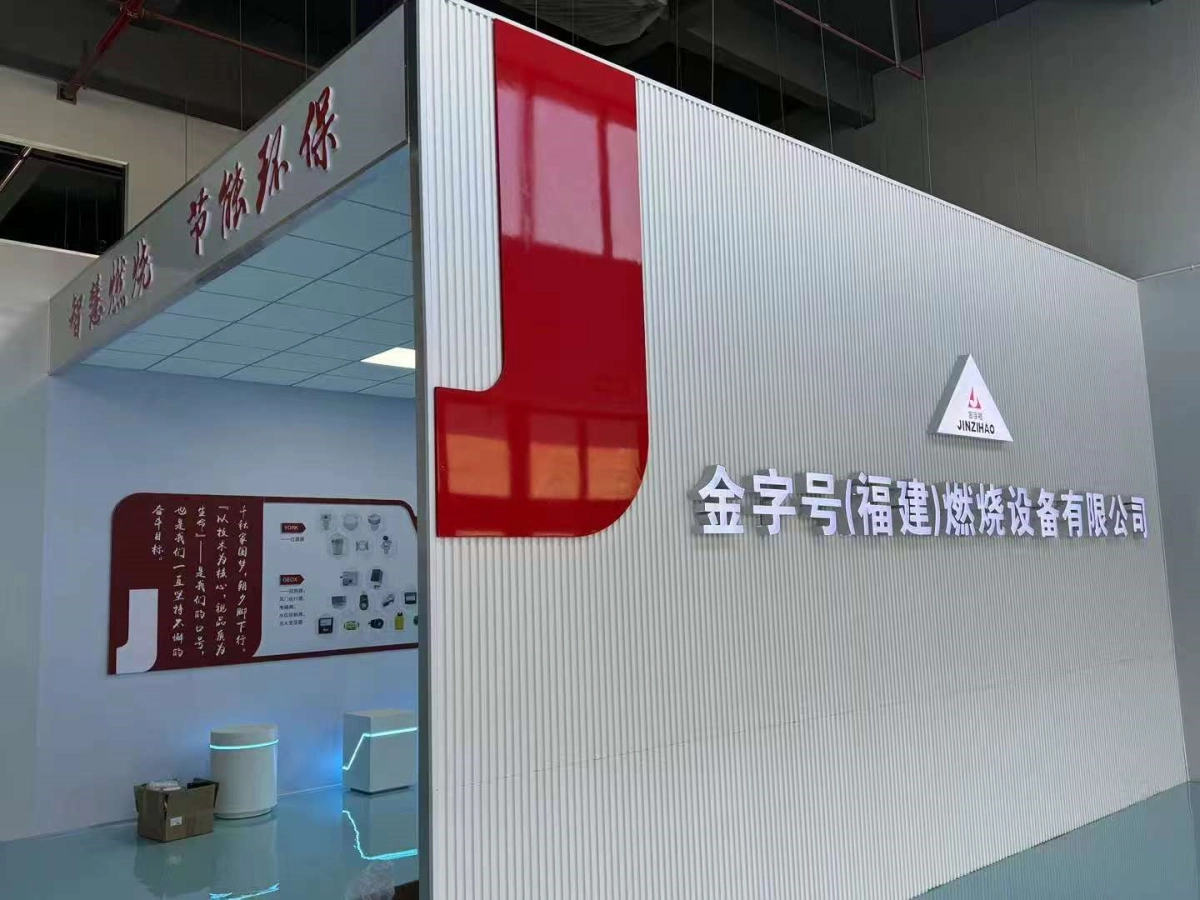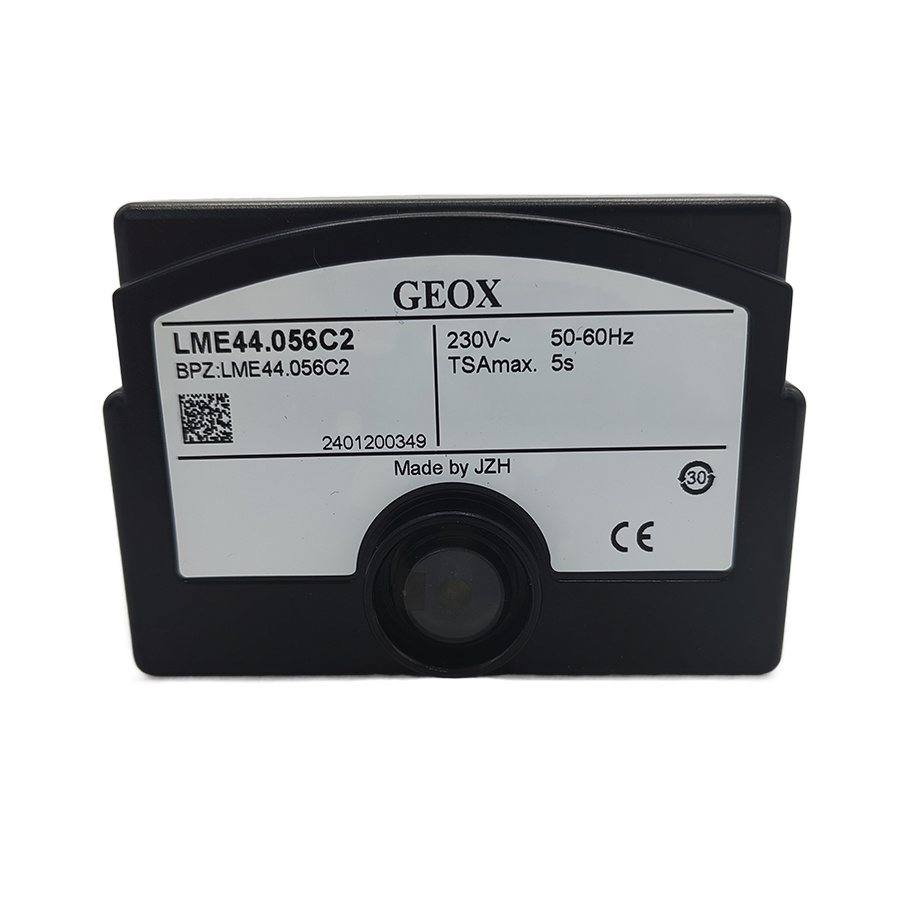28
2022
-
07
China International Trade Fair for Sanitation,Heating, Ventilation & Air-conditioning
China International Trade Fair for Sanitation,Heating, Ventilation & Air-conditioning
In the ever-evolving landscape of technology, few innovations have sparked as much interest and debate as the concept of a "burner." Originally, the term "burner" referred to a type of temporary phone number or device used primarily for privacy and security. Over the years, this concept has expanded to include various applications in both personal and business contexts. This article delves into the history of burners, their evolution, and their implications in today's digital world.
The origins of the burner phone can be traced back to the early 2000s, when prepaid mobile phones began to gain popularity. These devices were particularly appealing to individuals seeking anonymity. Unlike traditional contracts that required personal information and credit checks, prepaid phones allowed users to purchase a device and service without revealing their identity. This made them an attractive option for those involved in illicit activities, as well as for individuals who simply wanted to maintain their privacy.
The rise of burner phones coincided with significant developments in telecommunications. The introduction of GSM technology and the proliferation of mobile networks made it easier and more affordable for people to access mobile communication. As a result, burner phones became more accessible, leading to their widespread use in various sectors. From journalists operating in hostile environments to individuals seeking to avoid unwanted contact, burner phones offered a simple solution for maintaining privacy.
As technology advanced, the definition of a burner expanded beyond physical devices. The advent of apps and online services that provided temporary phone numbers further transformed the landscape. Companies such as Google Voice and Burner emerged, allowing users to create virtual numbers that could be used for a limited time or for specific purposes. This shift highlighted the increasing importance of digital privacy in a world where personal data is constantly at risk of being compromised.
The implications of burner technology are far-reaching. On one hand, it empowers users to take control of their privacy and security. In an age where data breaches and identity theft are prevalent, the ability to use a temporary number can provide a layer of protection. Individuals can engage in online transactions, communicate with strangers, or even date without the fear of their personal information being exposed. This has led to a surge in the use of burner apps among various demographics, including millennials and Gen Z, who are particularly attuned to issues of privacy.
On the other hand, the anonymity provided by burner technology has raised concerns among law enforcement and regulatory agencies. The ease with which individuals can acquire and use burner phones has made it more challenging to track criminal activity. From drug trafficking to cybercrime, the use of temporary devices has complicated investigations and hindered efforts to ensure public safety. This has led to calls for stricter regulations on the sale and use of burner phones and apps, sparking a debate over the balance between privacy rights and public safety.
Moreover, the rise of burner technology has influenced business practices as well. Companies increasingly recognize the value of protecting their employees' personal information. By utilizing burner numbers for customer interactions or temporary projects, businesses can mitigate the risks associated with sharing personal contact details. This practice not only safeguards employee privacy but also enhances customer trust, as clients feel more secure engaging with businesses that prioritize confidentiality.
In recent years, the concept of a burner has also found its way into other areas of technology, including social media and online accounts. Temporary email services, disposable credit cards, and even ephemeral messaging apps like Snapchat have emerged as alternatives for users seeking to protect their identities. These innovations reflect a growing awareness of the importance of digital privacy and the need for individuals to navigate the online world with caution.
Looking ahead, the future of burner technology remains uncertain. As society grapples with the complexities of privacy in a digital age, the demand for anonymity is likely to continue. However, the challenge will be finding a balance that respects individual rights while ensuring that safety and accountability are upheld. This ongoing conversation will shape the evolution of burner technology and its role in our lives.
In conclusion, the history of burners is a testament to the dynamic interplay between technology, privacy, and security. From their humble beginnings as prepaid phones to the multifaceted applications we see today, burners have become a vital tool for many individuals and businesses. As we move forward, it is essential to navigate the challenges and opportunities presented by this technology, ensuring that it serves to protect and empower users in an increasingly interconnected world. The evolution of burner technology will undoubtedly continue to spark discussions about privacy, security, and the ethical implications of anonymity in our daily lives.
Related news










































